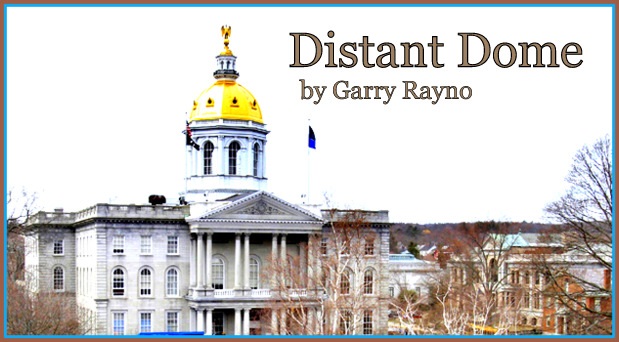Education
Distant Dome: Two Weeks of Education Funding Legal Wrangling Ahead
The latest round for education funding lawsuits enters the judicial ring this week in Rockingham County Superior Court and will be argued over the next two weeks.
InDepthNH.org (https://indepthnh.org/series/distant-dome/)

 Garry Rayno
Garry Rayno

The latest round for education funding lawsuits enters the judicial ring this week in Rockingham County Superior Court and will be argued over the next two weeks.
Whoever wins the governor’s race and controls the House — the Senate is off limits for Democrats thanks to gerrymandering — will face a daunting task in a state government spoiled by the lure of easy federal money intended to blunt the worst fiscal impacts of the COVID pandemic.
The Joint Legislative Committee on Administrative Rules delayed taking action on new rules governing the minimum standards for public schools until its November meeting.
The arguments presented in the attorney general’s, Bradley’s and the 31 Republicans’ briefs urge the Supreme Court to at least review the two original Claremont education decisions and in the case of the lawmakers to overturn those decisions.
The federal dollars that help prevent a debilitating recession fueled state revenues, but now more than half of the states — including New Hampshire — are experiencing lower revenues than the year before.
While lawmakers await a performance audit of the Education Freedom Account program by the Legislative Budget Assistant expected later this year, a Department of Education compliance report done last fall, but released last month found enough issues to require the program’s administrator to reverify all participants’ applications for the 2021-2022 and 2022-2023 school years.
Draft changes to minimum standards for public schools, approved unanimously by the State Board of Education last week, were the subject of a legislative oversight meeting Thursday with a Democrat tangling with the Education Commissioner for two hours on whether they water down education in New Hampshire.
Private enterprise and free markets may not be the answer to everything as some would have you believe. There are some things that perform better when the bottom line is not the driving reason for corporate decisions.
America’s traditional institutions, the foundation for the greatest political experiment in history, are under attack from the social safety net to food regulations, and from the court system to environmental protection.
Take for example prison reform that sought to address the inmates who refused to take any of the rehabilitation programs while in prison and were back on the streets after their sentences ended.